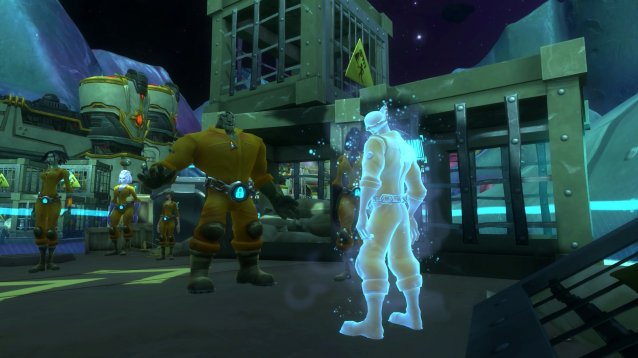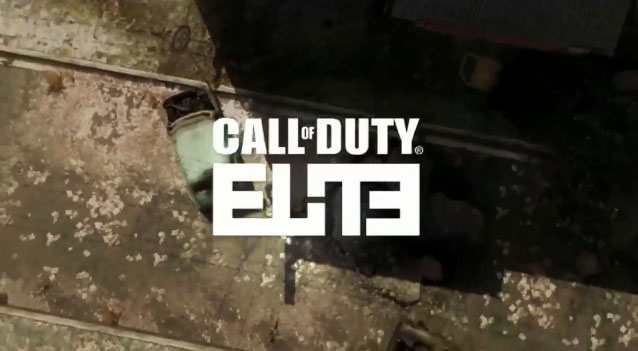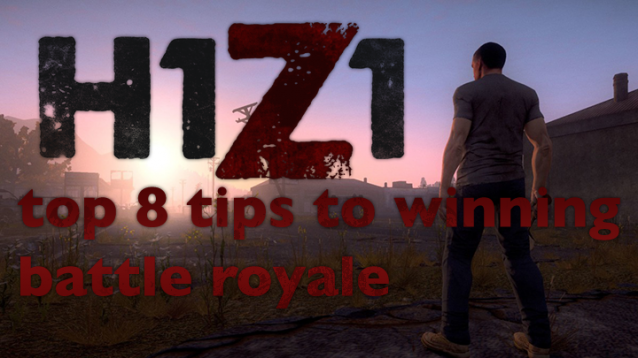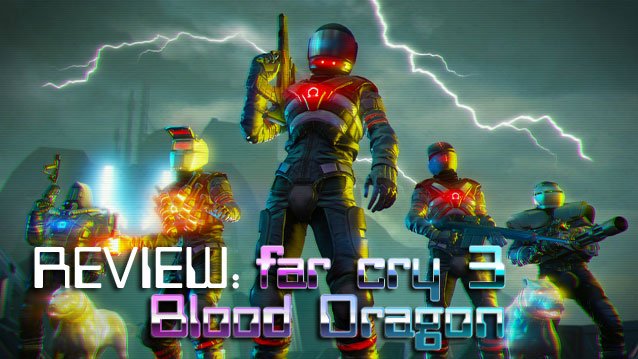

Nov 8, 2007
We're just going to come right out and say it: Assassin's Creed is fantastic. More to the point, it's beautifully realized, richly detailed and carried by a story with twists that rival the surprises of BioShock. It's also endlessly fun, giving players complete freedom to tear ass across the rooftops and streets of its medieval cities as they track down their targets and try to avoid attracting attention while doing so.
Cherry-picking elements from games like Prince of Persia, Gun, Crackdown and Hitman, Assassin's Creed offers up a huge, freely explorable game world consisting of three crowded, historically accurate cities - Damascus, Acre and Jerusalem - as well as the Assassin-controlled fortress village of Masyaf. All of these are connected by The Kingdom, a vast expanse of secret-filled wilderness that can be explored on horseback.
The meat of the game revolves around slipping undetected into each of the cities in turn, fully exploring one of its three districts while investigating a single assassination target, and then pulling off a risky, high-profile hit in public before cheesing it to safety and reporting back to Masyaf. Along the way, you'll pick pockets, save citizens from armed bullies, sprint recklessly up walls and across debris-strewn rooftops and play lots and lots of cat-and-mouse games with the cities’ guards.
Publisher Ubisoft has been extremely cagey about the game's long-rumored sci-fi trappings, but because they're revealed so quickly, it's not really a spoiler to say what we're about to say (although if you really don't want to spoil the game's first five minutes, go ahead and skip to the next page): Assassin's Creed actually follows two storylines. First, there's white-robed Altair, an arrogant young Assassin cultist who lives in the Kingdom of Jerusalem circa 1191, during the Third Crusade. Soon after the game begins, Altair botches a vital mission deep underneath Solomon's Temple; disgraced, he's given a chance to restore his honor by assassinating nine key Muslim and Crusader political figures, thereby restoring some peace to the region.
Then there's Desmond Miles, Altair's near-future descendant, who's kidnapped by a shadowy corporation and strapped into a machine that can unlock the ancestral memories stored in his DNA. His segments - which bookend each chapter of Altair's story - play a little like a point-and-click adventure and are confined to the lab where he's imprisoned. Why this layer of sci-fi weirdness even exists isn't clear at first, but it never feels tacked on, and the things you'll learn here will gradually cast an unsettling new light on Altair's story.




 Irreversible Change: Call of Duty Elite Subscriptions
Irreversible Change: Call of Duty Elite Subscriptions H1Z1: Battle Royale Survival Guide
H1Z1: Battle Royale Survival Guide Code Name S.T.E.A.M. Wiki – Everything you need to know about the game .
Code Name S.T.E.A.M. Wiki – Everything you need to know about the game . Far Cry 3: Blood Dragon Review: A Neon 80s Acid Trip
Far Cry 3: Blood Dragon Review: A Neon 80s Acid Trip Xenoblade Chronicles X: Where to find the Collectopedia Location Guide
Xenoblade Chronicles X: Where to find the Collectopedia Location Guide